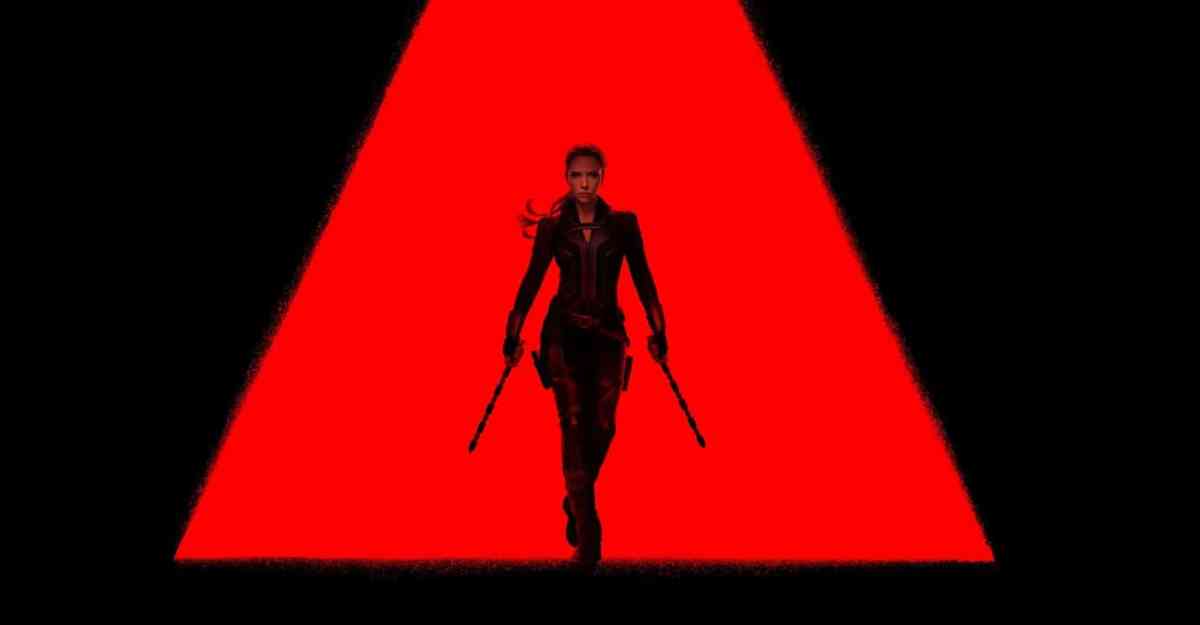
It’s easy to stand in our position of the games industry and think that we’re the ones who matter. We’ve been playing and buying games for years, and it’s our dollars and purchasing power that are keeping the industry in business, right?
Wrong. The people who made money for EA last year were not those who wrote paeans to award-winners like Mirror’s Edge or Dead Space, but the millions who bought FIFA without ever once opening a review or coming within a hundred Internet miles of a site such as The Escapist. The people who buttered Activision’s bread last year (apart from the millions of addicted WoW players, of course) were the ones who bought Guitar Hero, that most “casual” of games. And the people who paid for Nintendo employees’ bulging bonuses were not the ones constantly whining about the lack of a new Zelda or Mario, but the millions who put down cash for Wii Fit.
As Stuart Campbell (a veteran UK journalist whose work is lamentably not seen enough these days) wrote last year, “if 2008 saw one defining trend in the games business, it was the steady and unmistakable increase in the marginalisation of the gaming media from the games that the general public care about and buy”.
Campbell mentioned this as part of a “Console of the Year” round-up that goes on to introduce dozens of DS games, at least half of which I am mortified to admit I have never even heard of, much less played. Campbell’s statement was by his own admission just an aside, but I think the problem goes far deeper than he describes. It’s not just the gaming media, but those who surround and support it – in other words, you and me – who are gradually drifting away from what is actually happening in the gaming marketplace.
To give an example, amongst all the complaints about Nintendo’s supposed lack of “core” titles, there seems to me to have been a huge lack of coverage or excitement in the gaming community about a title like Rhythm Tengoku Gold – one of the titles Campbell mentions that I have played. It’s an outrageously brilliant low-budget DS title from the creators of WarioWare, a game that was Japan’s 6th-best selling game of 2008 and, along with Wii Sports and Wii Fit, the only title in the top ten not from a recognized mega franchise. Its GBA predecessor sold only around 320,000 copies. Gold shifted most of that in its first week.
It’s a rock hard game by Nintendo based entirely on timing and memory. By one definition, it’s as “hardcore” as it gets. Usually enthusiasts, or the “hardcore” of other media, delight in the obscure, the hard-to-understand and the unpopular – but it seems that our “hardcore” loves large-budget, formulaic affairs like Gears of War. It’s like if movie literati were most obsessed not with obscure European tragedies but with there being more movies like Transformers.
Will Rhythm Tengoku Gold get more coverage when it gets released in the West as “Rhythm Heaven” later this year? We can only hope. Because for all the cries we hear for “innovation” and “core games,” variety seems to be a dying breed among the “hardcore.” The homogenization of the gaming marketplace has led us “hardcore” gamers to believe that all games must play the same way. It is the same for any shooter that gets derided for its lack of online multiplayer as for the hubbub about Resident Evil 5‘s controls – a solidifying about our ideas for games that is entirely at odds with the way the game market is going.

The way we look at the games market is upside down. We view games that are – let’s be honest with ourselves here – aimed mainly at teenage boys as “mainstream.” Your Gears of Wars, your Killzones, the dark, brooding games with dark, brooding protagonists, lauded for their fantasy and their ultra violence, devoid any kind of meaning such as a mature reader or cinemagoer would demand. This does not mean they are bad games – far from it. They are just products of the age and market in which they exist, where material that aims at this most fanatic bracket of the audience stands the best chance of making its money back.
But what they aren’t – and never were – are the best selling or most profitable games in the world. That title belongs to your games like Brain Training, Madden, Mario Kart and, FIFA, to say nothing of the likes of World of Warcraft.
The market is never dictated by the desires of the enthusiasts, who always wish to take it in ever more niche directions. It’s not the frequenters of the IMDB forums that decide which movie scripts get greenlit and which rot on some producer’s desk – it’s the millions in the movie-going populace who turn out to see something every weekend, without ever having even read the review in the newspaper, much less turned to the specialist press.
It’s still amusing to read fan-made lists like the “Top 10 Things Nintendo Should Do” and think back to a time, not so long ago, when every step Nintendo took down the road of listening to its “fans” sent it ever closer to irrelevance. Others prefer to hang onto the belief that the millions who have taken up Wiis, DSs, PSPs and iPhones to game with will one day put them down again, and with the fad over the industry will be forced to come back begging for forgiveness. This, of course, is the very definition of elitism.
Because they love the medium so much, those who are most dedicated to it can also be the biggest opponents to change. Those who define themselves as hardcore gamers – and that may be the only useful application of the term – love gaming, warts and all, so much so that they begin to forget that the warts are warts.
But for better or worse, the day is coming when you and I will not be seen as the “core” of the audience but a very dedicated and obsessed niche, somewhere off to the side, standing awkwardly next to the kooks. Because even if we consider ourselves to be the “core”, this industry has long since stopped revolving around us.
Christian Ward works for a major publisher, and prefers to think of himself as the upper mantle of the games industry.


